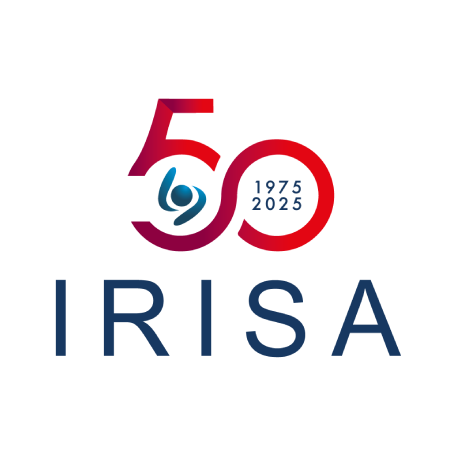The research areas highlight and respond to major societal issues, which intrinsically carry strong potential for valorization.
The transverse axes often rely on very structuring external partnerships: scientific multidisciplinarity of structure of specialized research, national or international industrial collaborations, etc. and rely on cross-cutting collaborations within scientific departments to build more complete offers of skills.
Cybersecurity
This area is concerned with the protection of information throughout its entire processing chain, from the hardware aspect to that of computer network security, including machine and data security.
AI- Artificial intelligence
From a global point of view, AI is defined as "a computer system capable of analyzing its environment to decide on its actions and interact". Therefore, it is a polymorphic subject touching on various scientific fields ranging from computer architecture to decision support, through learning theory.
Frugality, green IT
In certain fields such as sensor networks or embedded systems, the energy dimension is an essential consideration from the design stage. While in other areas - such as distributed systems or high-performance computing - it is a recent but increasingly important concern.
Arts, culture and heritage
This axis focuses on Art, Cultural Heritage and Culture. It brings together teams around challenges such as the validation of archaeological hypotheses with virtual reality, the recognition of musical scores and the analysis of sound scenes, the animation of characters in the field of cinema, the recognition of points of interest in a painting, the exploration of journalistic archives ...
Biology and health
The main scientific challenges in this axis are the modeling of imperfectly known dynamic systems, bioinformatics, methods for storing and processing diffuse information (grid, cloud), security, telemedicine, medical imaging, 3D visualization, virtual environments and robotics, with applications in surgery.
Environment, ecology, agri/agro
This area focuses on digital technologies (modelling, simulation, data science, etc.) for the environment, agriculture and agronomy. We look at issues such as the prediction of coastal system dynamics, the transfer of pollutants in underground environments and the identification of the mechanisms of adaptation of a species to its environment.
Smart territories
This area addresses societal issues such as new mobility, optimizing the use of transport infrastructure, improving safety and security in the development of services, etc. This revolution in uses goes hand in hand with IRISA's various research themes to enter the era of fluid, green and economical mobility.
